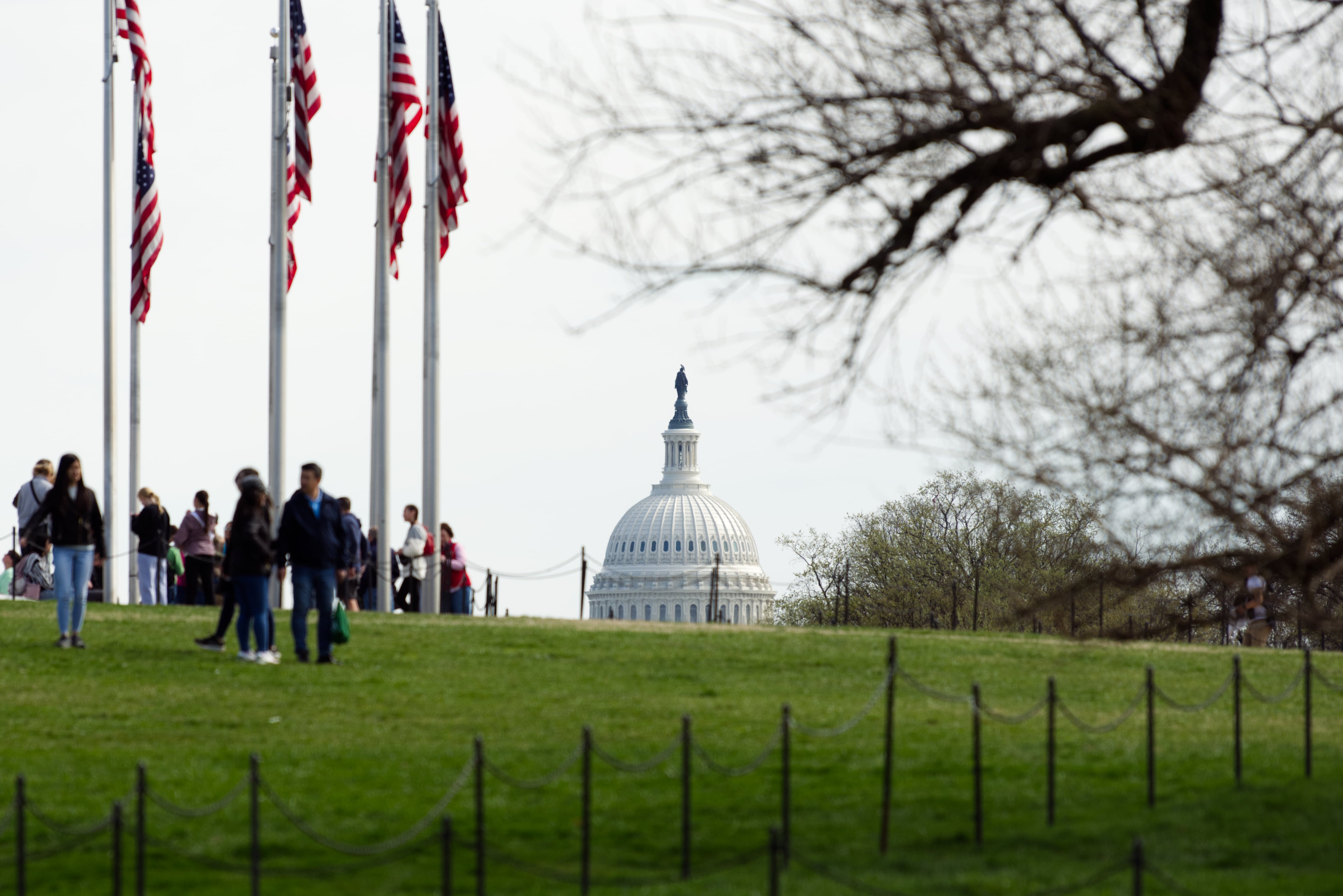The Supreme Court on Thursday rejected a conservative-led attack that could have undermined the Consumer Financial Protection Bureau.
The justices ruled 7-2 that the way the agency is funded does not violate the Constitution, reversing a lower court. The CFPB was created after the 2008 financial crisis to regulate mortgages, car loans and other consumer finance.
The case was brought by payday lenders who object to a CFPB rule.
The CFPB case is among several major challenges to federal regulatory agencies on the docket this term for a court that has for more than a decade been open to limits on their operations. The CFPB, the brainchild of Democratic Sen. Elizabeth Warren of Massachusetts, has long been opposed by Republicans and their financial backers.
Unlike most federal agencies, the consumer bureau does not rely on the annual budget process in Congress. Instead, it is funded directly by the Federal Reserve, with a current annual limit of around $600 million.
The federal appeals court in New Orleans, in a novel ruling, held that the funding violated the Constitution’s appropriations clause because it improperly shields the CFPB from congressional supervision.
While the U.S. Chamber of Commerce and some other business interests backed the payday lenders, mortgage bankers and other sectors regulated by the CFPB cautioned the court to avoid a broad ruling that could unsettle the markets.
In 2020, the court decided another CFPB case, ruling that Congress had improperly insulated the head of the bureau from removal. The justices said the director could be replaced by the president at will, but allowed the agency to continue to operate.





